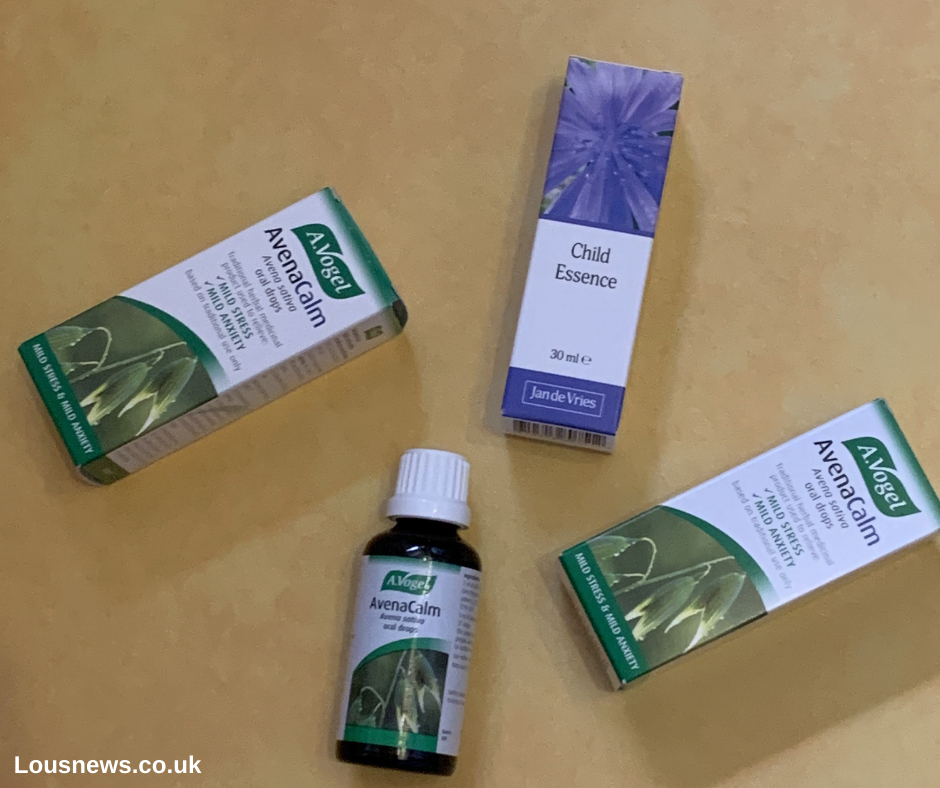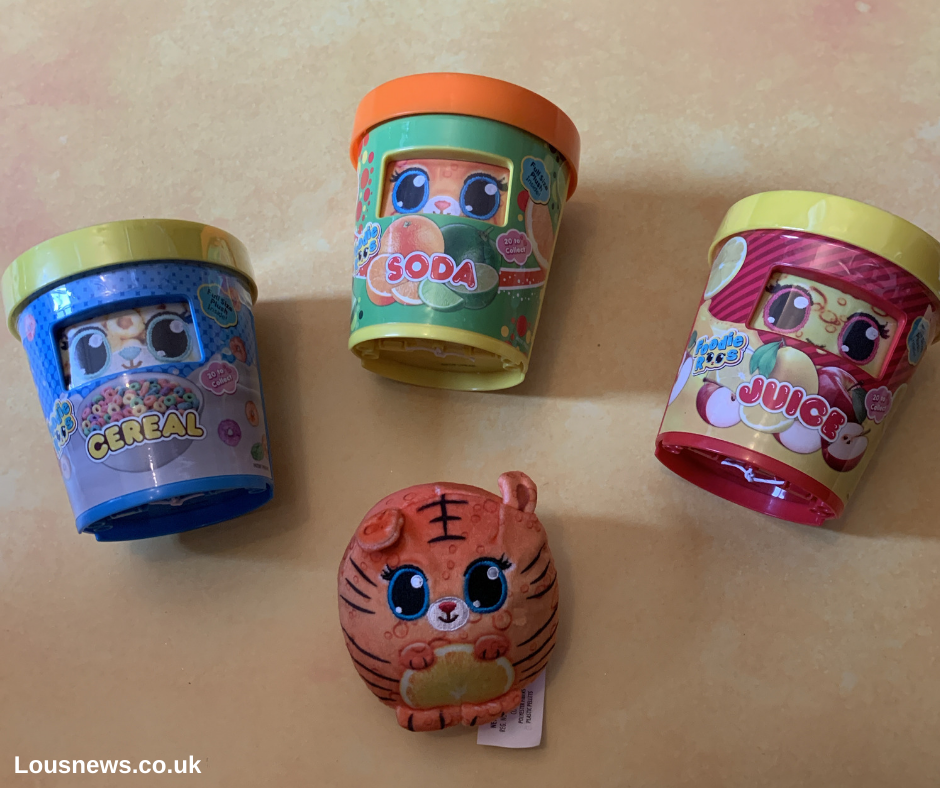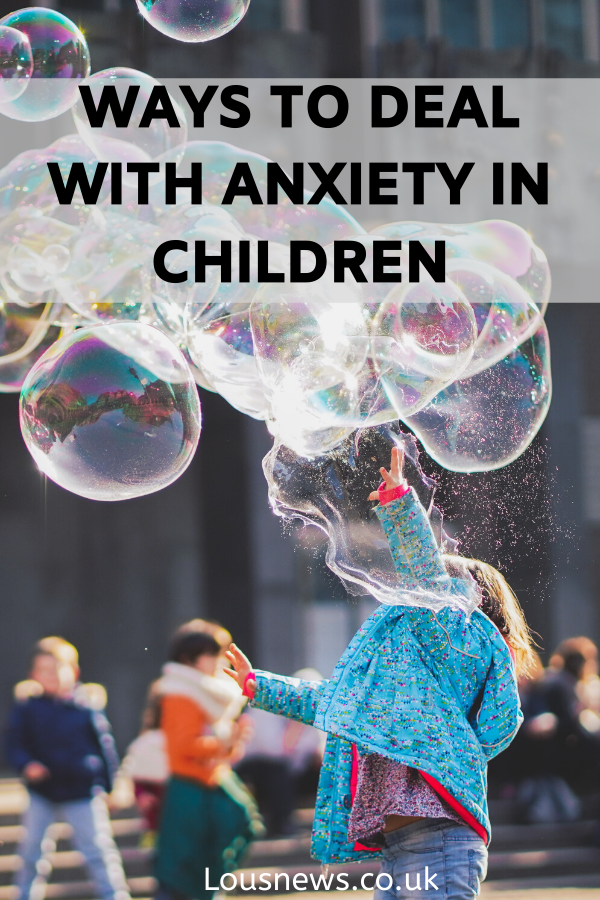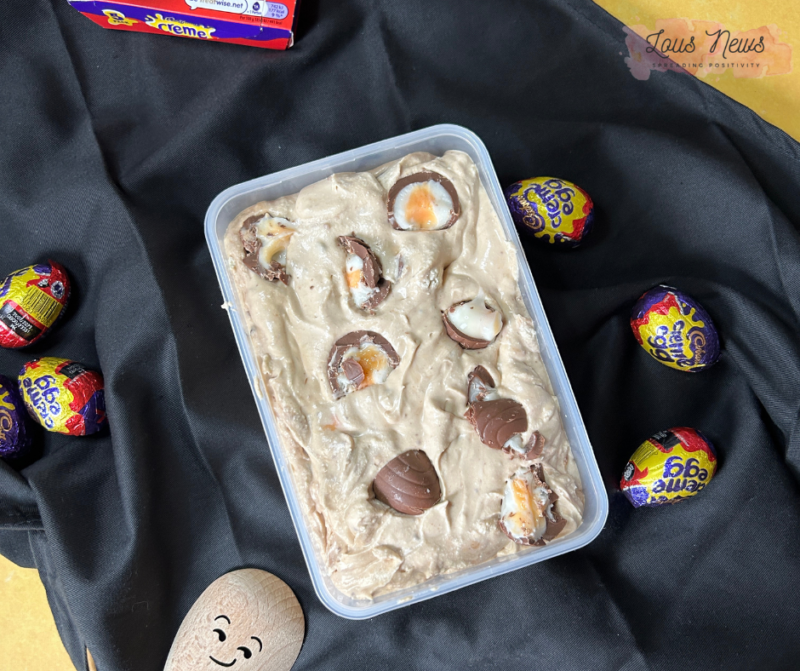Ways To Deal With Anxiety In Children
This anxiety post will have affiliate links and gifted items, it won’t cost you anything though so don’t get anxious!
Anxiety can be a big problem in our lives and it’s even worse when it comes to anxiety in children. Anxiety in children is a growing concern in this modern world with growing pressures from both society and educational outlets.
Anxiety in kids is something that shouldn’t be taken lightly and I feel that everyone, either parents or professionals working with children should be looking at anxiety coping techniques for children.
When it comes to child anxiety treatment / treatments, it’s not all that straight forward as not everything works for everyone, however this post should help with a number of ideas that might be suitable for the child you know.
The ways on this list don’t talk about child anxiety medication and if you feel that is needed I’d urge you to see a doctor and seek professional help as they know more about that then I ever will!
Anxiety Symptoms In Children
When it comes to anxiety disorders in children, the symptoms aren’t that different to the ones in adults, so if you’re familiar with adult anxiety or suffer yourself you’ll be able to spot it better.
If you want to get a better understanding of the medical side of childs anxiety, take a look at the NHS website for more details.
Anxiety symptoms in kids can vary depending on the severity of the anxiety, if your childs anxiety symptoms include multiple symptoms on this list, it’s time to intervene.
However these are some of the signs of anxiety in children to look out for, you’ll note it’s very similar to adult anxiety symptoms.
- Unable to concentrate
- Lack of sleep, or having frequent bad dreams
- Not eating properly, eating more or lack of appetite
- Easily getting angry or irritable, being out of control during outbursts
- Frequently worrying or having negative thoughts
- Feeling tense, fidgety, or using the toilet often
- Outbursts of crying
- Being clingy can be linked with childrens separation anxiety
- Complaining of tummy aches and feeling unwell often
Types of Child Anxiety
Separation Anxiety
You might be thinking, what is separation Anxiety? Separation anxiety in children is more common for children in younger children, normally up to the age of 5. Separation anxiety occurs when your baby or child realised that they are dependant on you, this is common as they start nursery or school with essentially “strangers” looking after them.
Separation anxiety can tough for parents as their child will cry and seek their attention although this only reinforces the separation anxiety. However, as they start to become familiar with other people, this separation anxiety should reduce.
How To Treat Separation Anxiety
Separation anxiety treatment isn’t straight forward as you might think. In order to fight the separation anxiety you need to gradually leave your children with other people, this can mean introducing them into a nursery for a set amount of hours per day (3-6 hours for example), to help them become familiar with other people and surroundings.
It’s only natural to feel guilty if your child starts to cry and react, however this is the only way they will be able to compat separation anxiety. Separation anxiety disorder can be tough on parents and carers so make sure you take your time to look after your own mental health.
That doesn’t mean you can’t still spend quality time with your children when they’re at home, as your child grows they’re going to be busier in school and with friends so it’s important to reaffirm the bonds you have with them while they’re young.
Another cause of child anxiety can be screen time, a child who spends a lot of time using devices and not communication and interacting with new people can cause separation anxiety further on down the line and also anxiety when they grow up as they’re not used to doing various activities. My younger brother is at the age where he spends a lot of time on his tablet, which is why I have “The TechDen“.
The TechDen is a device that stores away electronic devices for a set period of time, charges them at the same time and allows you to have quality time at home, maybe while eating dinner and discussing your day, or just to simply put away the devices and play a game of monopoly!
Social Anxiety
Social anxiety disorder is more common within older children and teenagers. Social anxiety, also known as a social phobia for many goes away as they get older although if left untreated can be a concern for later in life. Social anxiety can have a big impact on life and day to day activities and routines, it’s best to get it treated rather than ignore.
Symptoms of Social Anxiety, Symptoms of Social Phobia
Social anxiety is more than a person feeling shy, it’s an intense fear that doesn’t go away easily, it can affect everyday activities, self-confidence, relationships, work and school life. Although many people worry about new expierences and get nervous, social anxiety is much more than that and more severe. Below are the social anxiety symptoms.
- Dreading everyday activities, such as meeting strangers, starting conversations, speaking on the phone, working and shopping.
- Avoiding or worrying about social activities, such as group conversations, eating with company and social situations (Parties)
- Worrying about doing something you think is embarrassing, e.g. sweating or breathing too loud.
- Finding it difficult to do things when others are watching – feeling judged, paranoied or constantly watched.
- Fear of criticism, avoiding eye contact or having low self-esteem
- Having symptoms of feeling sick, sweating, trembling or a pounding. heartbeat, feeling like a heart attack, (palpitations).
- Panice attacks, anxiety attacks, where there is an overwhelming sense of fear and anxiety, usually only for a few minutes, although can last longer.
People with social anxiety are more likely to have other mental health issues, such as depression, generalised anxiety disorder or body dysmorphic disorder.
Treatments for Social Anxiety
Social anxiety can be treated in a manner of ways, I like to approach the natural treatments for social anxiety before I jump into medication, it’s something that I went through and although I take medication I still use some natural products to help from time to time. I tend to use AvenaCalm, it’s a natural essence drop that can go into a drink and they’re made for both children and adults!
I use the AvenaCalm – Avena sativa tincture for mild stress and anxiety, as an adult, I used it for job interviews and sometimes just to step outside the front door, it helps to calm me a bit and face the world a little more prepared!
They also have the Child Essence, a combination of natural flower ingredients, I’m not the best with ingredients so I’d suggest you take a look and while you’re there make sure you familiarise yourself with the doses, I’ve had a few people say to me, but it didn’t work and it turned out they totally ignored the dosage.
The product is so helpful, if you have a child worried about starting school, try this! Just make sure you follow it all how it’s supposed to be used and you’ll have no issues!

If you’ve tried using natural remedies and your children are still finding it hard to concentrate and are getting anxious still, seek medical help from a professional, your doctor will be able to give you all the help and signposting that you need and it’s important to seek help if you’re ever unsure.
Cognitive behavioural therapy may be something that your doctor suggests, it’s worth a try; it didn’t work for me but it might work for you or your child!
Natural Remedies For Children’s Anxiety
If you’ve got anxiety in teens trouble or baby anxiety issues you’re going to want to panic, which I get totally. A lot of people don’t know what to do and personally I would start with some natural remedies for child anxiety before getting stressed.
I’m not saying that natural anxiety remedies work as an anxiety cure and I’d also say seek professional help, even if you use natural remedies for anxiety while you’re waiting to be seen by a doctor.
When it comes to natural anxiety relief I’m talking about products I’d recommend and have used myself, I know nothing about herbs for anxiety although I do like to use a scented candle to calm my nerves!
Comfort Toys For Children With Anxiety
The one thing children react to the most when going through anxiety is a comfort object, which can be a comfort blanket or their favourite toy. As every child is different and how they handle anxiety can vary it’s better to have different options in regards to a security object.
If you’re eco concious I’d suggest a foodie roo. Foodie Roos are amazing little plush toys that smell and look like a childs favourite food!
There are so many that you can pick from as well, personally I love the cookies foodie roo as cookies are one of my favourite comfort foods and I think the plush looks really cute, as you can see though there are various options to pick from!

Key Points To Remember
There are various reasons why children get anxious and anxiety can be treated in many different ways. It’s important to remember that you’ve probably done nothing wrong, if your child gets anxiety it can be for many reasons.
I would always try anxiety remedies at home to see if that helps the child, although seeking professional help isn’t a bad or shameful thing to do. You can always try at home anxiety remedies while waiting for an appointment with a medical professional and if you find they work, perfect.
Remember you can always make a nice anxiety comfort box with a child, they can have all their favourite items in there to make them feel better.
If you want more information on them, check out my mental health anxiety comfort box 2019 post and see what sort of stuff I put into them, I like to make a new one each year to keep it fresh.








